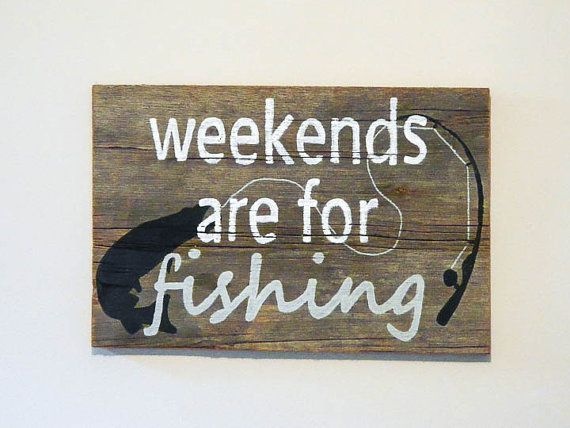P.S: This article is from my Blog about Fishing, you can visit it Here
You have decided that you want to learn to fish. There are several ways of learning, the hardest being trial and error. It would be best to find an instructor for one-on-one lessons.

1. Buy a reference book
A lot of good books are available at your bookstores and online. The book should give you instructions as well as terms and definitions. Some things you may not immediately understand but you should know anyway. Learn how to tie different kinds of knots. This knowledge will be invaluable for other purposes throughout your life.
2. Pick your pier
Assuming you have already acquired skills to operate a rod and reel, you need to look for a fishing pier.
Majority of coastal cities have one public pier or pay-to-fish pier. You can rent tackle and buy bait at the piers. If you're having trouble, there are many pier anglers willing to help and give you tips.
3. Go to a party
There are party boats that carry from fifteen to as many as sixty anglers. The boat provides everything like bait, rod, reel, sinkers and hooks. They assist you in fishing and take the fish off the hook for you. Mates will spot you and will generally stay close to assist you.
Party boats generally will cost you $25 - $70 a day, and the fish are yours to keep. The party boat is a bargain for beginners.
5. Buy seasickness medication
Nothing is worse than ruining your fishing because of seasickness. Most seasickness medication e.g. Bonine would be fine. Even seasoned fishermen are known to take some on rough days. Take one before you go to sleep, another when you wake up and a third one before you board.
6. The reel deal
The conventional reel is probably what you're using up to this point. The conventional reel is designed for a lot of wear and tear. You may now want to consider other types and makes of reels. Ideally you have met people and perhaps made a friend or two who can assist you in selecting a reel. You can even ask a tackle shop owner for tips.

You need to understand the mechanics of the reel and the other equipment. Learning to cast, tie knots and bait are not that complicated. Secondly, you need to learn where to fish. Successful fishermen know where the fish are located. Fish move from place to place and knowledgeable anglers understand these patterns and are able to anticipate where the fish are located.
For more information or tips on how to start fishing please visit my blog: The Fishing 101
www.thefishing101.blogspot.com/



